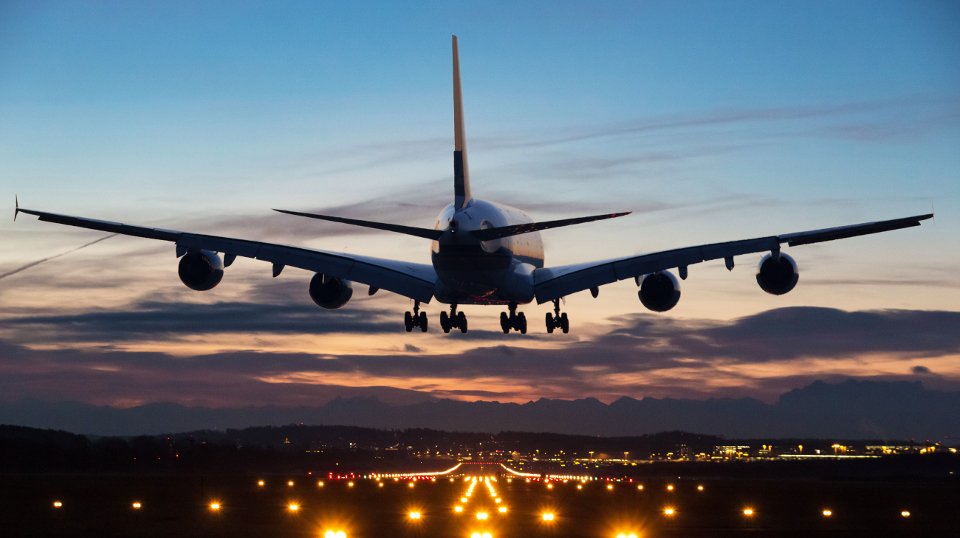In a recent opinion piece, Scott Streiner, the chairperson of the Canadian Transportation Agency (CTA), vehemently argued that the CTA’s hands were tied by Parliament. While the Transportation Modernization Act leaves a lot to be desired, that blame is misplaced.
For the past two decades, the CTA has been entrusted with sweeping powers to regulate airlines. The CTA mandate has been not only to ensure that air passengers are subjected to just and reasonable terms and conditions, but also to grant remedies if an airline has imposed unjust or unreasonable terms and conditions.
In 2004, the CTA had no difficulty concluding, based on the laws in force at that time, that Air Transat was required to refund airfares for flights that were cancelled by the airline, regardless of the reason for the cancellation. In a 2013 decision, the CTA recognized “the fundamental right of passengers to be refunded.” In two additional decisions from the same fiscal year, the CTA reaffirmed the principle that it is unreasonable for an airline to refuse to refund the fare paid by a passenger because of the airline’s cancellation of a flight, even if the cause is an event beyond the airline’s control.
In 2017, the CTA held that when an airline’s terms and conditions are inconsistent with the law, the CTA may draw on its sweeping powers to order the airline to compensate the passenger on terms and conditions that should have been in place to begin with.
The laws that were the foundation for these decisions are still in force today. The Air Transportation Regulations still require every airline to have terms and conditions for refunds of services purchased but not used “as a result of […] the air carrier’s inability to provide the services for any reason.” The requirement that these terms and conditions be just and reasonable has not changed either. The Transportation Modernization Act and the Air Passenger Protection Regulations (APPR) did not repeal any of the aforementioned consumer protection provisions. Nor did they alter the fundamental right of passengers to be refunded.
In short, the law did not change. The CTA has all the powers necessary to order airlines to refund passengers for cancelled flights, regardless of the reason for the cancellation, and regardless of the wording of the airline’s terms and conditions.
It is the CTA’s willingness to enforce the law that has changed.
The reason for this change might warrant an independent federal inquiry.
Source: The Hill Times, November 18, 2020
Dr. Gábor Lukács is the president of Air Passenger Rights, Canada’s independent, nonprofit organization of volunteers working to make the travelling public aware of its rights and capable of enforcing them. The organization’s mission is to turn helpless passengers into empowered travellers through education, advocacy, investigation, and litigation.


